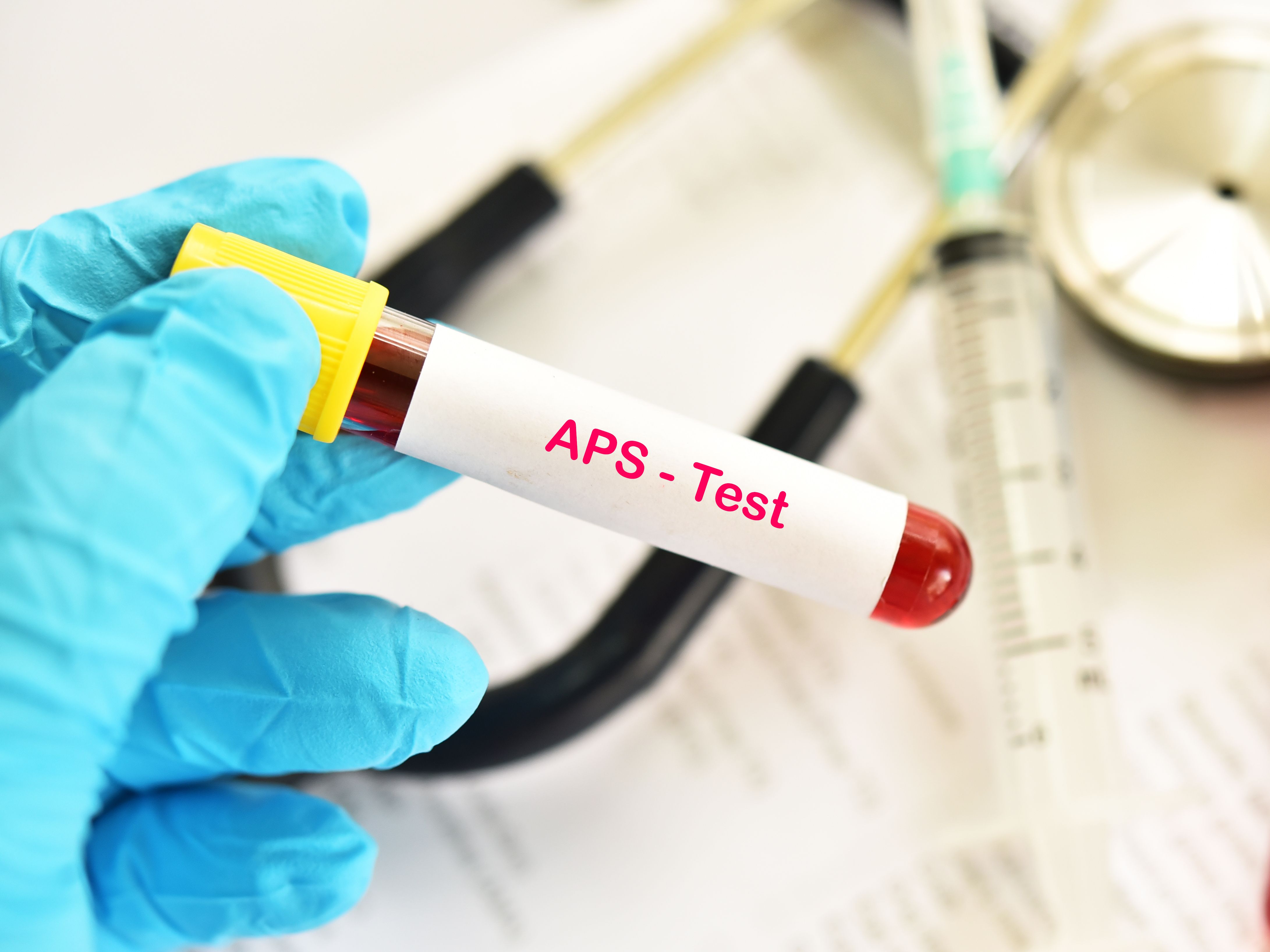High-Risk Pediatric Patients With Antiphospholipid Syndrome Present Risk of Severe Health Issues
The results found that 93% of individuals in the high-risk group presented persistently positive antiphospholipid antibodies, compared with 47% of individuals in the lower-risk group.
In pediatric patients, an initial high-risk antibody profile for antiphospholipid syndrome (APS) remained high, which results in a risk of serious health problems, according to results found in a study conducted by the Hospital for Special Surgery (HSS) and presented at the American College of Rheumatology Convergence 2023 annual meeting in November.
Image credit: Jarun011 | stock.adobe.com

APS is a rare autoimmune disorder in which antiphospholipid antibodies (aPL) attack proteins that bind the phospholipid cell walls of blood cells. The cells are located on the inner layer of the arteries and veins. Researchers noted that the disorder aids the growing risk of blood clots inside blood vessels, strokes, heart attacks, and problems during pregnancy.
“There are a lot of unanswered questions about how APS affects pediatric patients since evidence to date has been very limited,” Jheel Pandya, MD, a pediatric rheumatology fellow at HSS and lead author of the research, said in a press release. “Our study reveals that an initial high-risk antiphospholipid antibody profile is unlikely to be transient in pediatric patients, indicating their risk of serious health problems remains elevated and they should be followed carefully.”
Individuals who presented symptoms of APS were administered 3 laboratory tests by a rheumatologist to evaluate the existence of aPL. The tests included a lupus anticoagulant (LA), anticardiolipin antibody (aCL) and anti-beta-2-glycoprotein-1 antibody (aβ2GPI).
The study authors assessed electronic medical records for aPL-positive individuals aged 10 to 18 years who received treatment at HSS in 2016 to 2022.
The individuals with initially positive results were placed into high and low-risk groups. The high-risk group included individuals with a positive LA test and/or higher level aCL and aβ2GPI antibodies. The low-risk group included individuals with a negative LA test and/or lower levels of an aCL and aβ2GPI antibodies, according to the study authors.
The study authors noted that they evaluated subsequent aPL results, as well as demographic and clinical characteristics among individuals that displayed persistently positive aPL results, 12 weeks apart.
The results found that 93% of individuals in the high-risk group presented persisted aPL, compared to 47% of individuals in the lower-risk group.
“The more we can learn about differences in APS development and progression in pediatric patients compared with adults, the more we can optimize their diagnosis and treatment,” said coauthor Karen Brandt Onel, MD, chief of Pediatric Rheumatology at HSS. “This study underscores the importance of continuing to follow pediatric patients with higher-risk profiles and transitioning them to adult care after the age of 18.”
The study authors noted that further results found that 32 individuals in either group remained aPL-positive over time. Among those that remained positive in the high-risk group, 28% of individuals experienced blood clots. Individuals in the lower-risk group did not display blood clots, however, 1 individual reported a skin rash and 2 individuals reported migraines.
“Our results highlight the need for a large-scale, international effort to better understand how APS affects pediatric patients,” said senior author Doruk Erkan, MD, MPH, a physician-scientist at the Barbara Volker Center for Women and Rheumatic Diseases, attending rheumatologist at HSS and professor of medicine at Weill Cornell Medicine. “An international effort has been initiated to pool pediatric APS data and ultimately guide the development of classification criteria for pediatric patients.”
Reference
A high-risk antiphospholipid antibody profile matters in pediatric patients with antiphospholipid syndrome. EurekAlert!. News release. November 12, 2023. Accessed December 11, 2023. https://www.eurekalert.org/news-releases/1007667.
